Bozormehr Bakhtegan
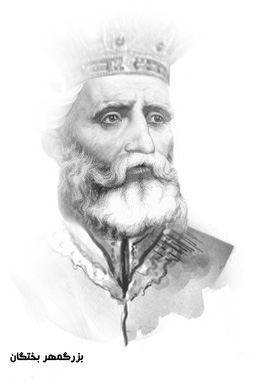
Buzurgamir Bakhtaghan (6th century) Bukhtag was the son of the wise vizier Khosrow Anushirvan of the Sassanid emperor. In some writings, Bozorgmehr Babrezo or Barzoye, the court physician of Anoushirvan, is considered to be the same, which may be due to the simultaneous existence of the two..
First, Bozorgmehr was appointed to educate Anoushirvan's son, Hormoz. Hormoz didn't behave well towards Bozorgmehr and annoyed the teacher, but then he regretted his actions and elevated Bozorgmehr's position, until he reached the ministry and served Anushirvan very competently in state affairs..
Continuation of the article
Bozorgmehr statue in Bozorgmehr Square, Isfahan
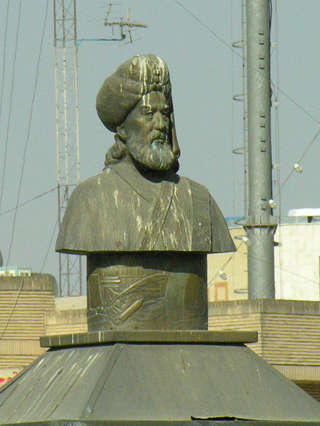
The wisdom and tact of Bozorgmehr
Many stories have been told about his wisdom. Among the famous stories of Bozorgmehr, he gave an answer to this question in front of Anoushirvan:
What is the greatest misfortune?
The Greek philosopher said "old age and fertility that are accompanied by poverty and poverty", the Indian scientist said "physical diseases that increase with mental pain", Bozorgmehr said that "a person sees that his life is coming to an end and he has not done a good deed, This is the worst misfortune." This answer was very well received by Khosrow, and the position and honor of Bozorgmehr was revealed in front of foreign scientists and philosophers..
It is also said that when the king of India sent a chess machine to the king of Iran, Bozorgmehr discovered its secrets and invented the game of backgammon.. This event is mentioned in a Pahlavi text called Chatranj Namek. An inscription in Pahlavi called Pandnameg Vezragmehr Bakhtegan, which means the Pandnameh of Bozorgmehr son of Bakhtegan, is attributed to him, which has 430 words.. It is also mentioned in the societies of legends that one day a letter arrived in Anushirvan from the land of Rome. Something was written in the letter. All the great scholars of the city gathered to read the letter, but they could not, but Bozorgmehr understood its contents and translated the meaning of the letter.. The Arabs call him Bozarjumohar.
References :
Iran during the Sasanian era by Christensen, translated by Yasmi
Sadid al-Din Muhammad bin Muhammad Aufi's collections of anecdotes


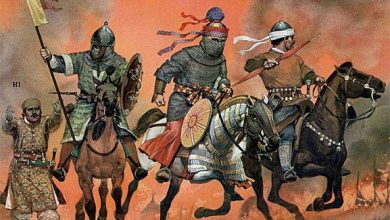
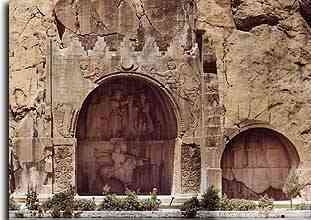

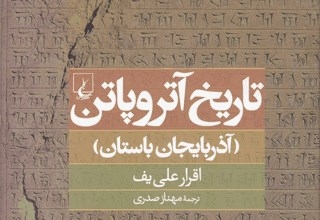
Salam, this nobleman prophesied the coming of the Prophet and was killed by the cruel Khosrow Anushirvan because he had turned away from the religion of his fathers.. We should not be racist. According to Imam Khomeini, nationalism causes misery because it is mentioned in the Quran:
Rather, they said, “Indeed, we found our fathers on a nation, and we are following in their footsteps.” Thus, We did not send any warner before you in a village except that the wealthy said: “Indeed, we found our fathers on a nation, and we are following in their footsteps.” Say, “Have I come to you with better guidance than what you found your fathers upon?” They said, “Indeed, we are disbelievers in what you were sent with. [۵] Rather, they say that we found our forefathers on religion and we are also guided by their works.. In the same way, we did not send a warning prophet in any city or country before you, unless the rich and proud said, "We found our forefathers on a religion and we follow their works.". (their prophet) said: If I have brought a more guiding law than what you found your fathers to follow (Do you still deny?!) they said (yes) We disbelieve in what you have been sent to!
"Umma" means the religion on which they gathered
References?:
History of Beyhaqi, Abulfazl Muhammad bin Hossein Beyhaqi (passed away: 470 A.H), research: Khalil Khatib Rahbar, Tehran, Mehtab Publications, 4th edition, 1374, vol. 2, pp. 472-475